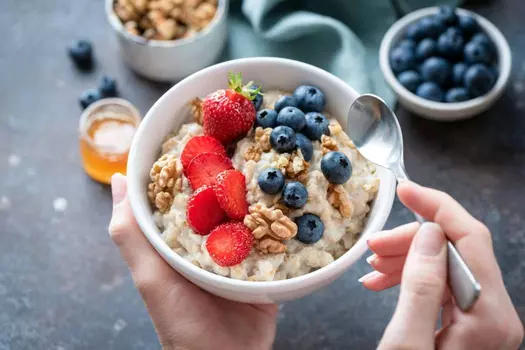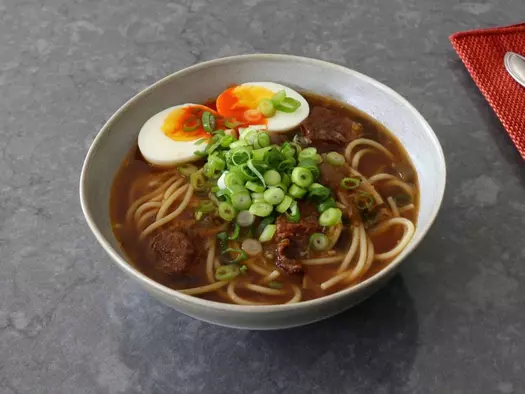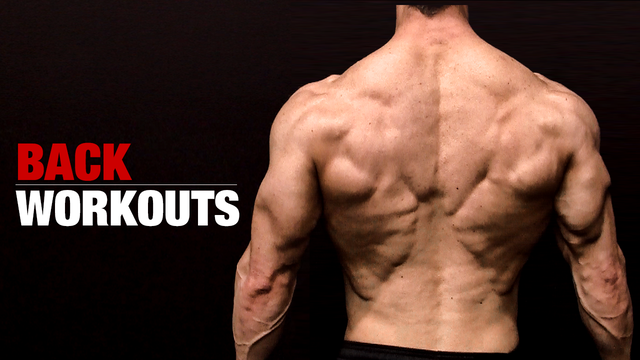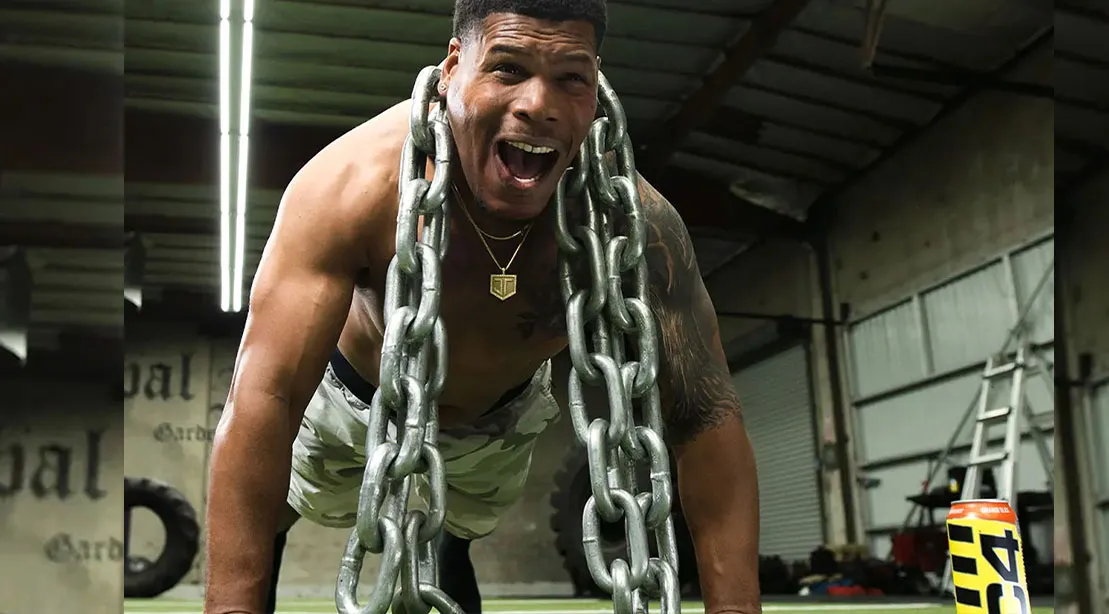Meal planning can help keep you on track, no matter what your nutrition goal is. Prepping and planning doesn’t have to be time-intensive and complicated. A few simple steps, including basic meal constructs, making a shopping list, shopping strategically, and methodically preparing food ahead of time, are what make meal planning a helpful tool to keep you energized, meet your nutrition goals, reduce food waste, and save money.
Why Nutrition is Important for a Healthy and Balanced Diet
Since the requirements for nutrition change depending on a variety of characteristics, including gender, height, weight, activity level, and many more, a healthy and balanced diet will look different for each individual. There is a wide range of factors to take into account when determining what constitutes "healthy" and "balanced" for you. You should take into consideration your preferences in terms of flavor, nutrition, culinary skill, medical issues, money, and other factors.
The process of putting up a daily menu is not difficult as long as each meal and snack has a certain amount of protein, fiber, complex carbs, and a little amount of fat.1.There is a possibility that you should aim to consume roughly 100 to 250 calories for each snack and 300 to 600 calories for each meal; however, depending on your hunger levels and the amount of energy you need, you may require more or fewer calories.
What to Eat for a Healthy Balanced Diet

A healthy diet generally includes a combination of the following:
- Vegetables: Always a smart choice, aim to fill about half your plate with veggies. Add plenty of cruciferous veggies like broccoli, leafy greens, as well as colorful options like peppers.
- Fruits: Go for fresh fruit whenever possible and try a variety of colors. Berries, grapes, apples, and grapefruits make great choices.
- Whole grains: Eating grains in their whole form provides additional fiber and nutrients. This includes brown rice, oats, and 100% whole grain breads.
- Lean protein: High in protein and relatively low in fat, lean proteins include grilled chicken, ground turkey, and white fish.
- Healthy fats: Fatty fish, such as salmon and tuna, as well as nuts, such as walnuts, provide essential omega-3 fatty acids. Avocados are a great source of beneficial unsaturated fats.
5-Day Sample Menu
A person who does not have any dietary limitations and requires around 2,000 to 2,200 calories per day is the target audience for this meal plan that is meant to last for one week. It's possible that your daily calorie target may change. Get an explanation of what it is below, and then modify the plan so that it meets your particular requirements. In order to more correctly evaluate and prepare for your nutritional requirements, you may want to think about working with a certified dietitian or having a conversation with a health care professional. There are also a number of excellent fitness books that cover all there is to know about health and nutrition, which will assist you in locating the most appropriate diet plan to accomplish your objectives.
There are three meals and three snacks included in each day, and the daily intake of carbs, fats, and proteins is balanced in a healthy manner. Consuming whole grains, fruits, vegetables, and legumes will also provide you with a substantial amount of fiber.
Changing out comparable things on the menu is OK, but you should bear in mind the cooking techniques. For example, substituting grilled chicken for a sirloin steak is quite OK; however, substituting chicken-fried steak for a sirloin steak is not going to work since the breading alters the amount of fat, carbohydrates, and salt in the steak, as well as the number of calories. If you want to lose weight, you may change your calorie intake by avoiding snacks altogether. On the other hand, if you want to gain weight, you can snack more often and consume bigger portions.
Breakfast
- One grapefruit
- Two poached eggs (or fried in a non-stick pan)
- One slice 100% whole wheat toast
Macronutrients: approximately 327 calories, 18 grams protein, 41 grams carbohydrates, and 11 grams fat
Snack
- One banana
- 1 cup plain yogurt with 1 tablespoon honey
Macronutrients: 324 calories, 14 grams protein, 62 grams carbohydrates, 4 grams fat
Lunch
- 6 ounces grilled chicken breast
- Large garden salad (3 cups mixed greens with 1 cup cherry tomatoes, 1/4 avocado, topped with 2 tablespoons balsamic vinaigrette)
Macronutrients: 396 calories, 41 grams protein, 18 grams carbohydrates, 18 grams fat
Dinner
- 1 cup steamed broccoli
- 1 cup of brown rice
- Halibut (4-ounce portion)
Macronutrients: 399 calories, 34 grams protein, 57 grams carbohydrates, 4 grams fat









